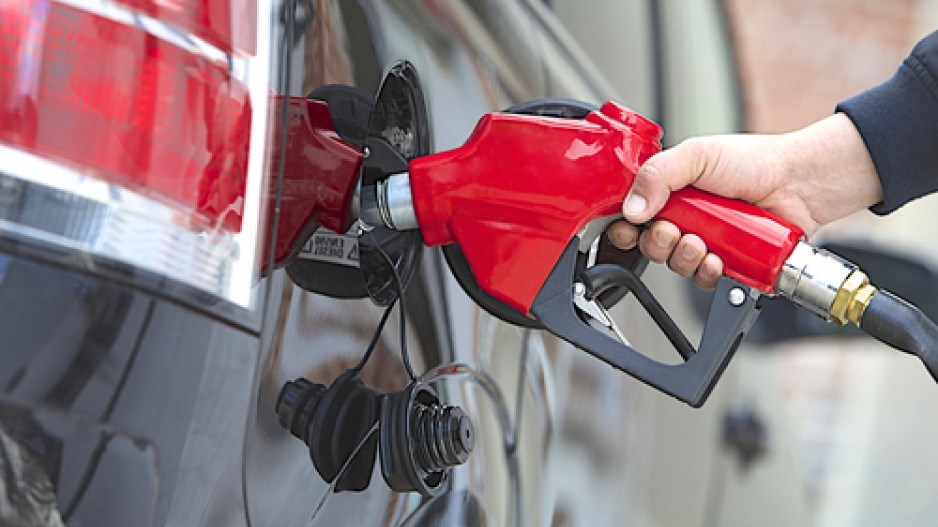The price of oil keeps plummeting with Western Texas Intermediate dropping to below $60 US a barrel on Friday. The price for Alberta heavy crude was down to $42 US earlier in the week.
So what are the implications?
The obvious one is a stock market meltdown with Canada’s main index, the S&P/TSX, closing at 13,731.90 on Friday, down 5% from its close of 14,473.70 a week earlier.
Which means, not so obviously to some, that there are likely some good deals out there.
A bigger concern is what it means for the Canadian economy. They don’t call the Canadian dollar the petro-dollar for nothing, so not surprisingly the Canadian dollar has fallen .
BMO economists Douglas Porter and Robert Kavcic wrote in a note that while lower oil prices are seen to be negative for the Canadian economy “the evidence is a bit more nuanced.”
Clearly revenues for oil-laden provinces, like Alberta, will go down. But dropping oil prices have positive effects too, like cheaper gas at the pumps. Prices in Vancouver were down to $1.09 a litre on Friday and down to as low as $0.85 in Calgary, according to gasbuddy.com .
So the sky doesn’t necessarily fall just because oil prices do. And that’s good because oil prices may continue their downward spiral or at least stay low, as supply increases, and surprisingly, Americans cut back, not only on how much they import, but also on how much they use. According to Bloomberg, Americans are actually kicking the oil-dependency habit with greater fuel efficiency and a changing demographic leading to a drop in oil consumption in the United States.
Hopefully that tendency to cut back on energy use will continue, even as prices drop.




